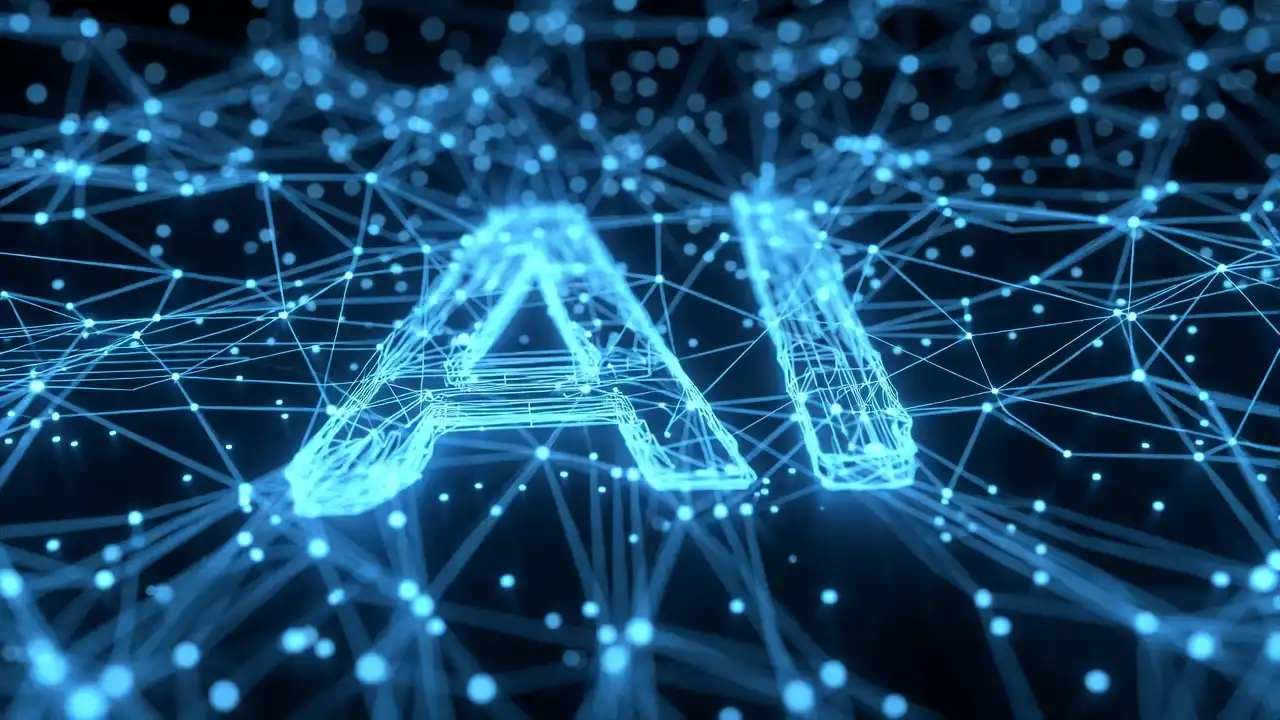Artificial intelligence has played an important role in the world of work. Machines are responsible for completing everyday tasks and are believed to be smarter than humans. This article discusses artificial intelligence, how the workplace can be secured with it, its importance, and its market value.
What is Artificial Intelligence?
Artificial intelligence (AI) is a wide department of computer science generally concerned with creating smart machines capable of performing tasks requiring human intelligence. Specific applications of AI include expert systems, natural language processing, speech recognition, and machine vision. AI is the simulation of human intelligence processes by computer systems.
AI is an interdisciplinary science with multiple systems. Advances in machine learning and deep learning are paradigm-shifting in virtually every technology industry sector. From the development of self-driving cars to the expansion of smart assistants like Siri and Alexa, AI is increasingly becoming a part of everyday life.
How can the Workplace be Secure with AI?
AI is a combination of multiple powerful technologies. Every AI model is as good as its machine learning (ML) capabilities. ML uses advanced software to analyze large amounts of data to find weak spots, identify trends, and better understand manufacturing processes.
Predictive Analytics
With AI, companies can use predictive analytics to identify potential security risks and alert workers before something dangerous happens. This technology allows for faster emergency response and better data-driven risk mitigation decisions. Organizations can take proactive measures by identifying vulnerabilities before they are exploited, like updating security protocols, patching software, or conducting additional employee training. This forward-looking approach minimizes risks and enhances the organization’s overall security posture.
Threat Detection and Prevention
AI systems can analyze massive amounts of data at high speed, which makes them highly effective in detecting potential security threats. For example, AI algorithms can monitor network traffic to identify patterns that indicate malicious activities, such as phishing attempts, ransomware attacks, or data exfiltration. Unlike traditional security systems, AI can continuously learn from new threats and adapt to changing attack vectors, making it more effective. This proactive monitoring helps prevent attacks before they cause significant damage, reducing downtime and the associated costs of security breaches.
Access Control
AI can strengthen access control measures using advanced identification techniques, such as facial recognition, biometric scans (fingerprints, voice, or iris), and behavioral analysis (monitoring how someone types or moves). The methods are more secure than traditional passwords or keycards, which can be easily lost, stolen, or compromised. AI systems can continuously authenticate users in real-time, providing dynamic access control based on the context, like location, time of day, or user behavior, thus ensuring that only authorized personnel can access sensitive areas or information.
Real-time Monitoring and Feedback
AI can improve workplace safety by reducing human error, automating tasks, and providing real-time feedback to workers. It can also monitor worker behavior and identify potential risks. AI can recognize specific objects (like weapons) or detect crowding in sensitive areas. By providing real-time alerts, AI helps prevent potential security incidents and swiftly responds to threats, protecting people and property.
Training and Awareness
Human error is often the weakest link in an organization’s security chain. AI can support ongoing employee training by simulating cyber-attacks (like phishing scams) to test employees’ responses and improve their ability to recognize threats. AI-powered training modules can adapt to each employee’s learning style, providing personalized education that enhances understanding and retention. Additionally, AI can analyze training data to identify common areas of weakness across the organization, allowing for targeted interventions to improve overall cybersecurity awareness and resilience.
Additionally, AI can be used to create predictive models that can help organizations predict and prevent accidents before they happen.
Why is artificial intelligence Important?
Today, the amount of data generated by humans and machines exceeds humans’ ability to absorb, interpret, and make difficult decisions based on that data. Artificial intelligence forms the basis of all computer learning and the future of all complex decision-making. It is known to learn, adapt, and perform much faster than humans and is programmed to do so.
Integration with robotics and IoT devices has taken machines to think and act to a new level, where they outperform humans regarding their cognitive abilities and intelligence. Important uses of Artificial Intelligence are in Medical Science, the Field of Air Transport, banking and financial institutions, gaming, and entertainment.
Artificial Intelligence Markets
The approximate decision of the Techgolly market analysis team is that the global Artificial Intelligence market was valued at least USD 330 billion in 2024 and is projected to reach USD 1745 billion by 2030. Growth will continue at a compound annual growth rate (CAGR) of 30% to 32% from 2024 to 2030.
Key Companies
Some prominent global artificial intelligence market players include Amazon, Inc., IBM Corporation, Microsoft Corporation, Salesforce.com Inc., Alphabet Inc., NVIDIA Corporation, Baidu, Inc., SAP SE, Oracle Corporation, Hewlett Packard Enterprise Company, and SAS Institute Inc.
Conclusion
AI offers powerful tools to enhance workplace security, but implementing AI systems requires careful planning and consideration. Organizations should focus on integrating AI to strengthen security without compromising employee privacy or ethical standards. With AI solutions, businesses can create a safer, more secure working environment that is resilient to current and future threats.





